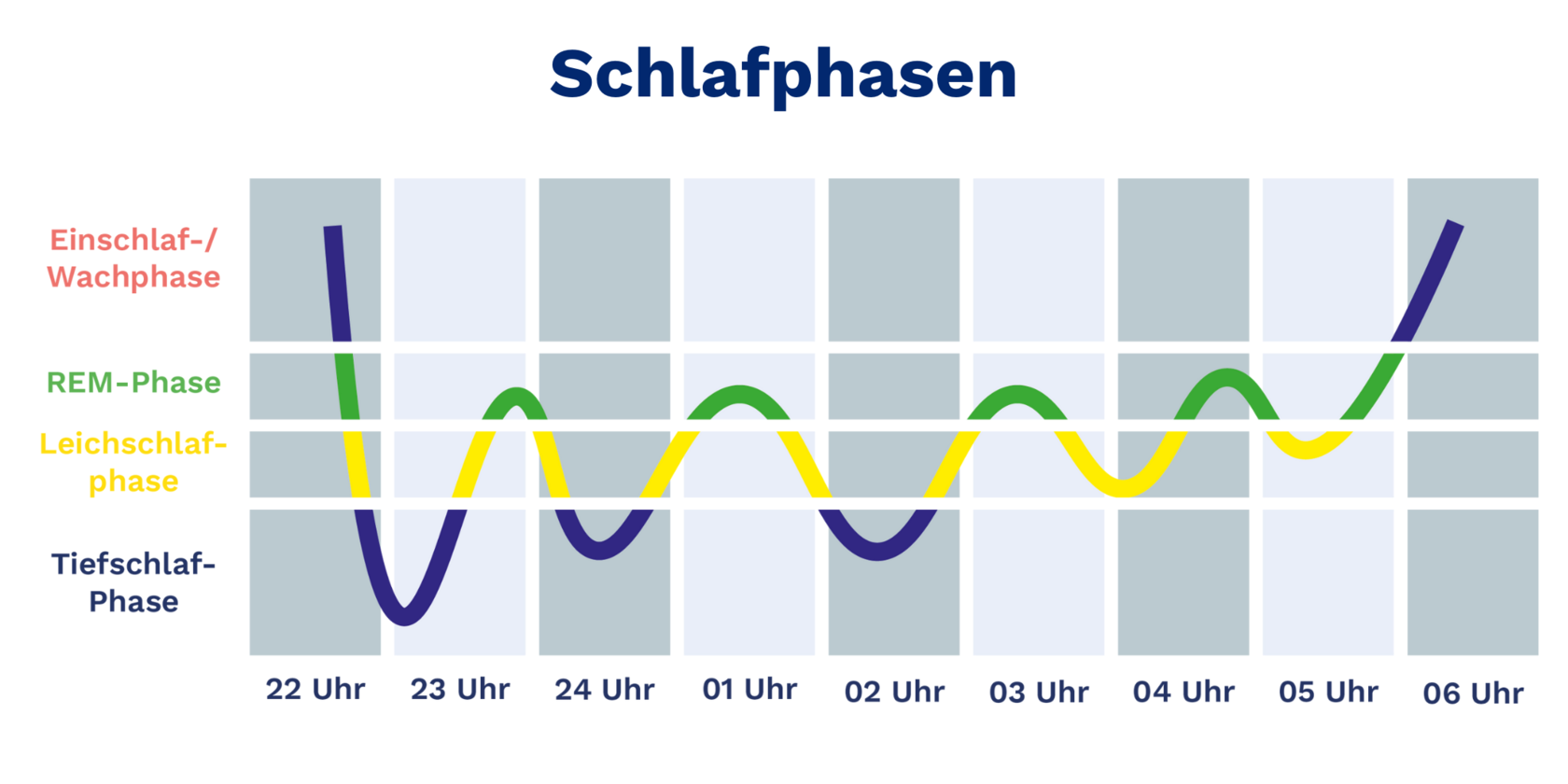The Fimo Health
Health blog

Sleep problems with multiple sclerosis

Many MS patients report sleep problems during the course of the disease. It can happen that people sleep either too much or too little. Sleep problems can result, for example, from insomnia, sleep-related breathing disorders or even restless legs syndrome.
Studies show that patients with multiple sclerosis who also suffer from fatigue as part of MS are more likely to suffer from sleep disorders than the rest of the population. Since sleep disorders can not only increase fatigue symptoms but also have a significant impact on the quality of life, MS patients should pay particular attention to good sleep hygiene.
The meaning of sleep
People sleep about 1/3 of their lifetime. While sleeping, experiences are processed and new learnings are anchored in memory. The immune system is also strengthened during sleep, which is one of the most important functions of sleep. As a result, prolonged lack of sleep can lead to increased infections, high blood pressure, gastrointestinal problems or even depression. This is an additional burden, especially for people with autoimmune diseases such as multiple sclerosis.
Sleep phases and cycles
Sleep is divided into several phases and cycles. We go through about 4-5 different sleep phases during sleep. A sleep phase consists of four sleep phases:
- falling asleep
- The easy night's sleep
- REM sleep and
- deep sleep.
Deep sleep in particular is particularly important for regeneration processes in the body. The length of the deep sleep phase decreases over the duration of the night and REM sleep increases. The REM sleep phase is also known as dream sleep phase. Rem stands for rapid eye movement, i.e. a phase of rapid eye movement.

Sleep duration and sleep quality
Statistically, the optimal sleep duration is between 6 and 8 hours. On average, men sleep less than women, and the length of sleep also decreases with age.
However, the optimal length of sleep varies from person to person. Some people get by well with 4-6 hours of sleep, other people are more likely to need 9-11 hours of sleep to feel rested. If sleep requirements change significantly, this should be discussed with a doctor to rule out physical causes.
Sleep length and sleep hygiene are influenced by various factors:
sleeping environment

One of the most important factors influencing sleep is the optimal room temperature. This should be between 16° and 19° degrees to avoid unnecessary sweating or freezing, which has a negative effect on sleep quality. In addition to the temperature, the humidity should be around 50%. Too dry air can cause coughing, sore throats or even nosebleeds, for example.
Noise, light and noise should also be reduced, as light and noise can interrupt sleep and thus reduce sleep quality. Earplugs or sleeping goggles can be used to minimize annoying effects.
sleep routine
The goal of sleep routines or falling asleep routines is to get yourself in the mood for sleep. These include fixed bedtimes and daily bedtime rituals, such as drinking a cup of tea. Ideally, these rituals are not broken even on weekends.
Konsum
Stimulating, caffeinated substances such as coffee or black tea should be avoided at least four hours before going to sleep. The drinks invigorate and are considered an stimulant, which is why they prevent you from falling asleep.
In addition, alcohol should be avoided at least two hours before going to sleep, as this has a negative effect on or inhibits deep sleep.
For a good and healthy night's sleep, it is also recommended to avoid screens (TV, laptop, mobile phone) about 30 minutes before going to bed. The blue light from the displays prevents the body from releasing the sleep hormone melatonin, which controls the sleep/wake cycle.
Tips for a healthy night's sleep
If you sleep too much on a regular basis, you should try to slowly reduce your sleep duration. For example, you can try to go to bed later in the evening but get up at the same time in the morning as usual. Or you can reduce sleep time by getting up earlier in the morning. This works best if you set your alarm maybe 5 minutes earlier each day until you get to where you want to go. Be sure to keep to regular sleep times - even on weekends.
If you don't get enough sleep on a regular basis, it may be an indication that your body isn't working enough during the day. Because physical exercise and being active promote sleep. Try to be active for about 20-30 minutes each day. Being active includes household activities, walks, but also sports.
Tips for healthy sleep therefore include
- Fixed times to go to bed and get up
- Fixed bedtime rituals (e.g. drinking a cup of tea, writing down thoughts, meditation, yoga)
- Avoid caffeine and alcohol at least four or two hours before bedtime
- Avoid using screens (cell phone and monitor) about 30 minutes before bedtime
- Use darkness in the bedroom or sleep mask
- Cool sleeping temperature (16-19°C)
Home remedy for sleep problems
It is possible to use classic home remedies such as hops, lemon balm, valerian, lavender or St. John's wort to get a better night's sleep. However, you should be careful with home remedies. Plant-based teas can lead to dangerous interactions with other medications:
- Valerian, for example, works via the cytochrome P450 system, which is known to interact with benzodiazepines and can lead to an increased effect and overdose.
- St. John's wort, for example, can interact with contraceptives and reduce their effect. This may be important for young women with MS undergoing immunomodulatory therapy.
The topic of sleep is complex and should always be considered individually. Before taking medication, tips should first be implemented that can promote a good night's sleep. If these measures do not help, discuss your sleep with the treating doctor to get to the bottom of the causes and avoid interactions with other medications.
.webp)